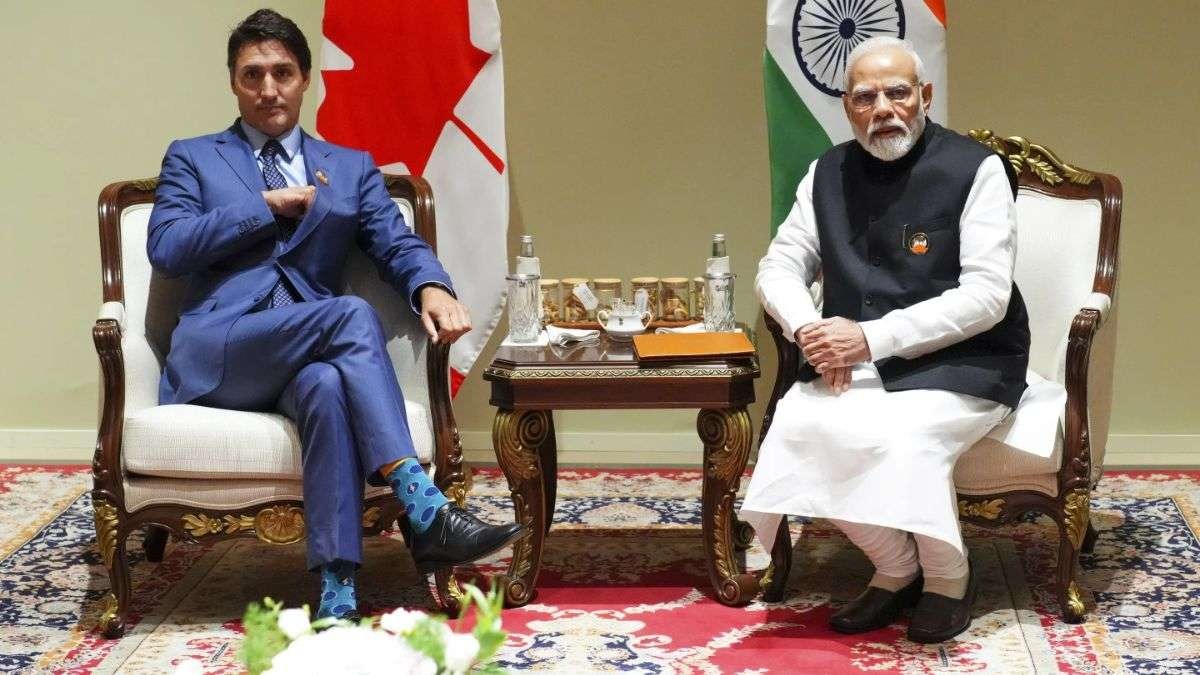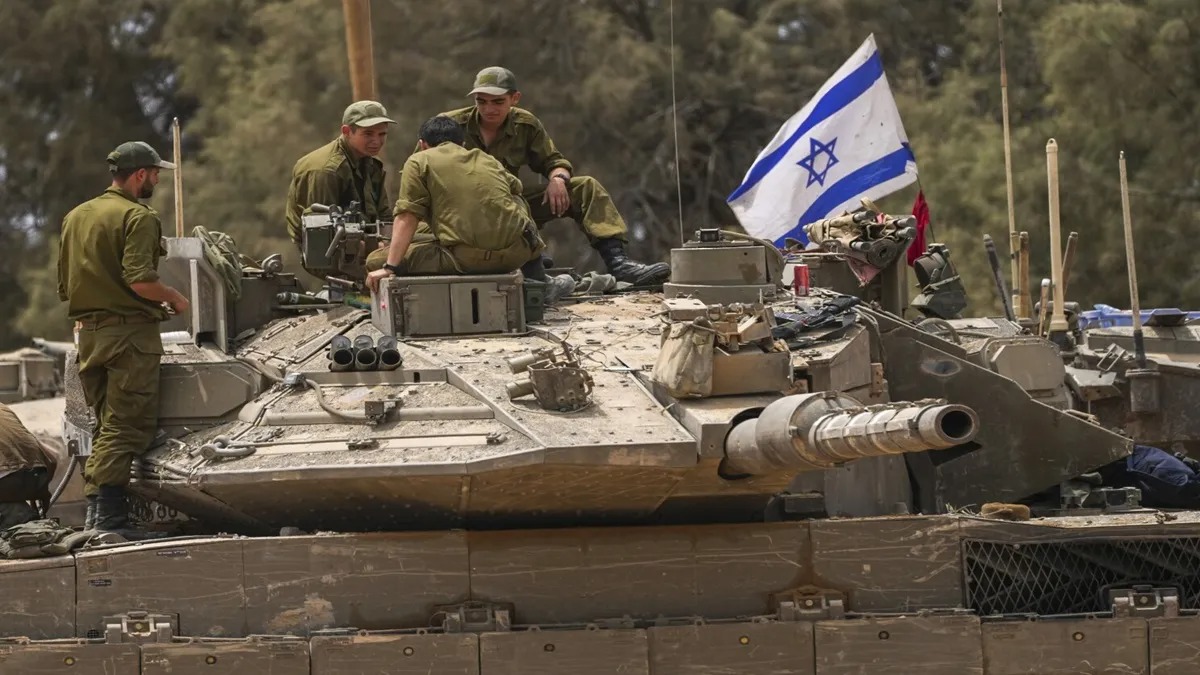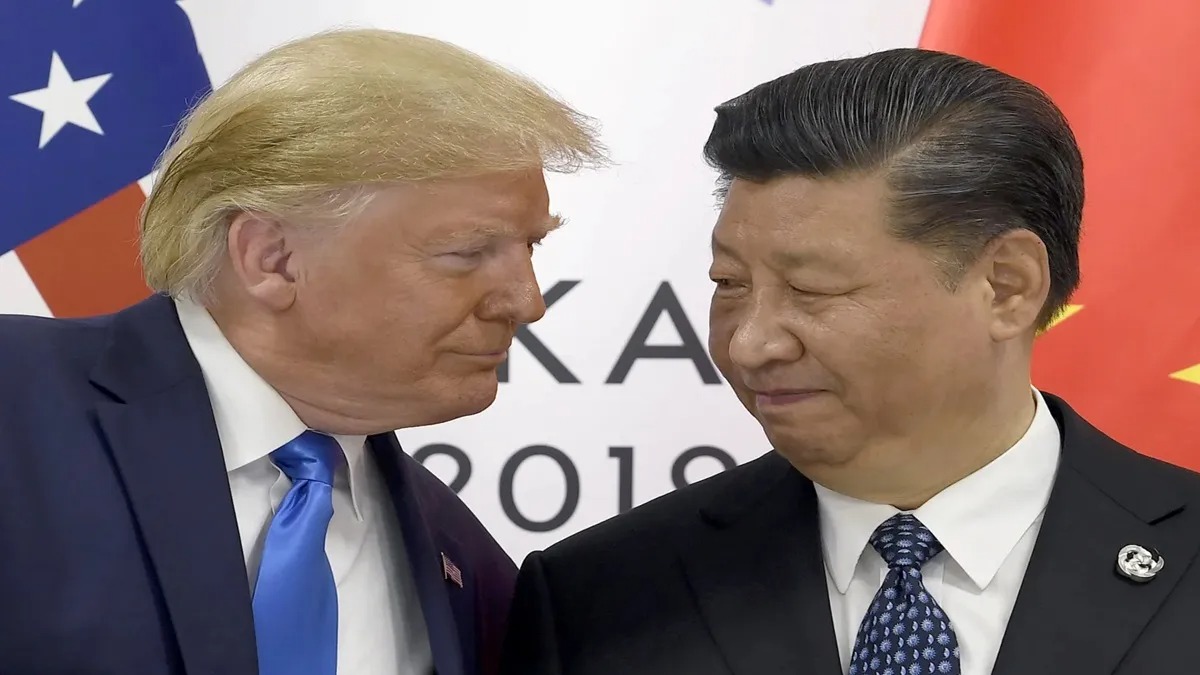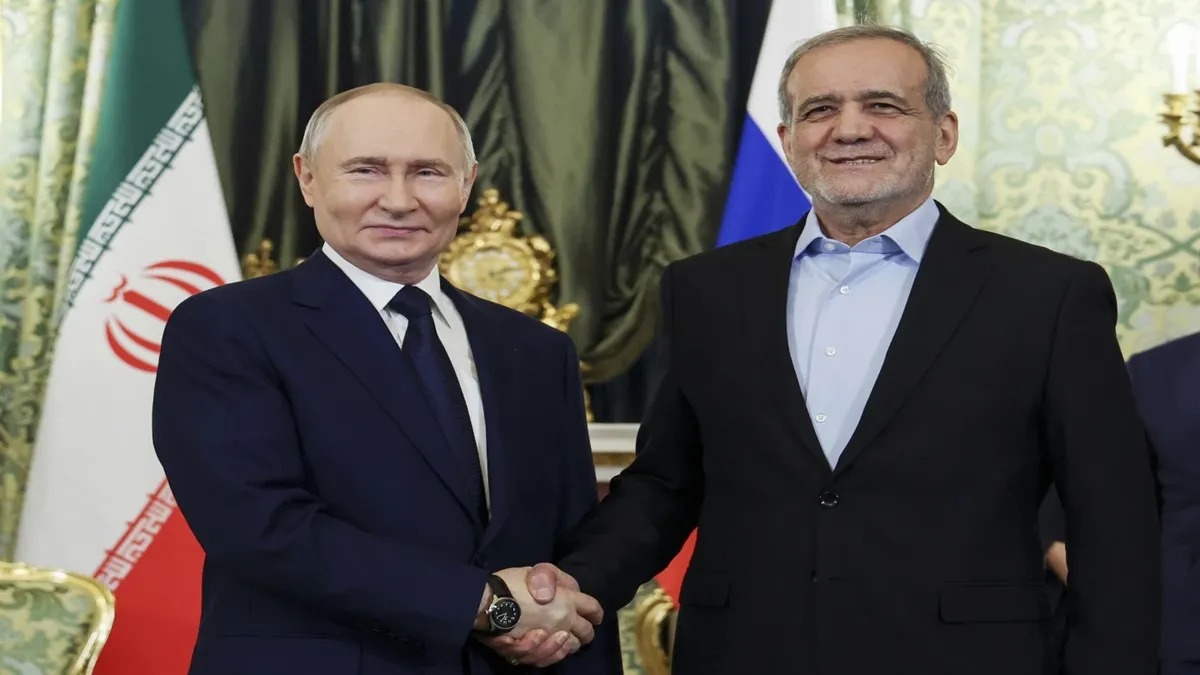
International: Canadian Prime Minister Justin Trudeau recalled his meeting with Indian counterpart Narendra Modi during the G20 Summit held in New Delhi last year, where he discussed the murder of a Khalistani terrorist in Vancouver. Testifying before the public inquiry into foreign interference in federal electoral processes and democratic institutions, Trudeau said he met PM Modi after the end of the G20 summit in Delhi and shared that "we knew that they were involved and expressed a real concern around it."
According to Trudeau, the Indian leader responded with the "usual" response and said: "We have people who are outspoken against the Indian government living in Canada that he would like to see arrested." Trudeau said he tried to explain that there is freedom of speech in Canada to criticise governments overseas or indeed to criticise a Canadian government.
"But as always, we would work with them on any evidence or any concerns they have around terrorism or incitement to hate or anything that is patently unacceptable," he said.
Hardeep Singh Nijjar's killing
Notably, he was speaking about his allegations where he linked the killing of Hardeep Singh Nijjar, a Khalistani terrorist, to the Indian agents allegedly associated with the Indian government. "We launched investigations. The Indian response to these allegations and our investigations was to double down on attacks against this government, attacks against this government's integrity, attacks against Canada in general, but also to arbitrarily eject dozens of Canadian diplomats from India," he said.
"This was a situation in which we had clear and certainly now even clearer, indications that India had violated Canada's sovereignty," he said.
He alleged that the Indian diplomats were collecting information on Canadians who were in disagreement with the Modi government, passing along that information to the highest levels within the Indian government, and to criminal organisations like the Lawrence Bishnoi gang.
Only shared intelligence inputs with India: Trudeau
However, he acknowledged that the Canadian Police did not provide evidence to their Indian counterparts as he claimed last year.
Trudeau said the Indian side asked for evidence "and our response was, well, it's within your security agencies." But the Indian side insisted on the evidence. "And at that point, it was primarily intelligence, not hard evidentiary proof," said Trudeau. "India had indeed done it, and we had reasons to believe that they had," Trudeau said, adding that his government's immediate approach was to engage with the government of India to work on this together to make sure that there was accountability.
India rejects Canadian Police claims
On this, India strongly rejected attempts by Canadian authorities to link Indian agents with criminal gangs in Canada with official sources in New Delhi even saying that Ottawa's assertion that it shared evidence with New Delhi in the Nijjar case was simply not true.
The sources in New Delhi also rejected Trudeau's previous allegations that India was engaging in activities including carrying out covert operations targeting Canadian nationals in his country. India expelled six Canadian diplomats and announced withdrawing its high commissioner from Canada after dismissing Ottawa's allegations linking the envoy to a probe into the killing of Nijjar. He was gunned down in Surrey, British Columbia, in June last year.
--Advertisement--

 Desk
Desk Share
Share






